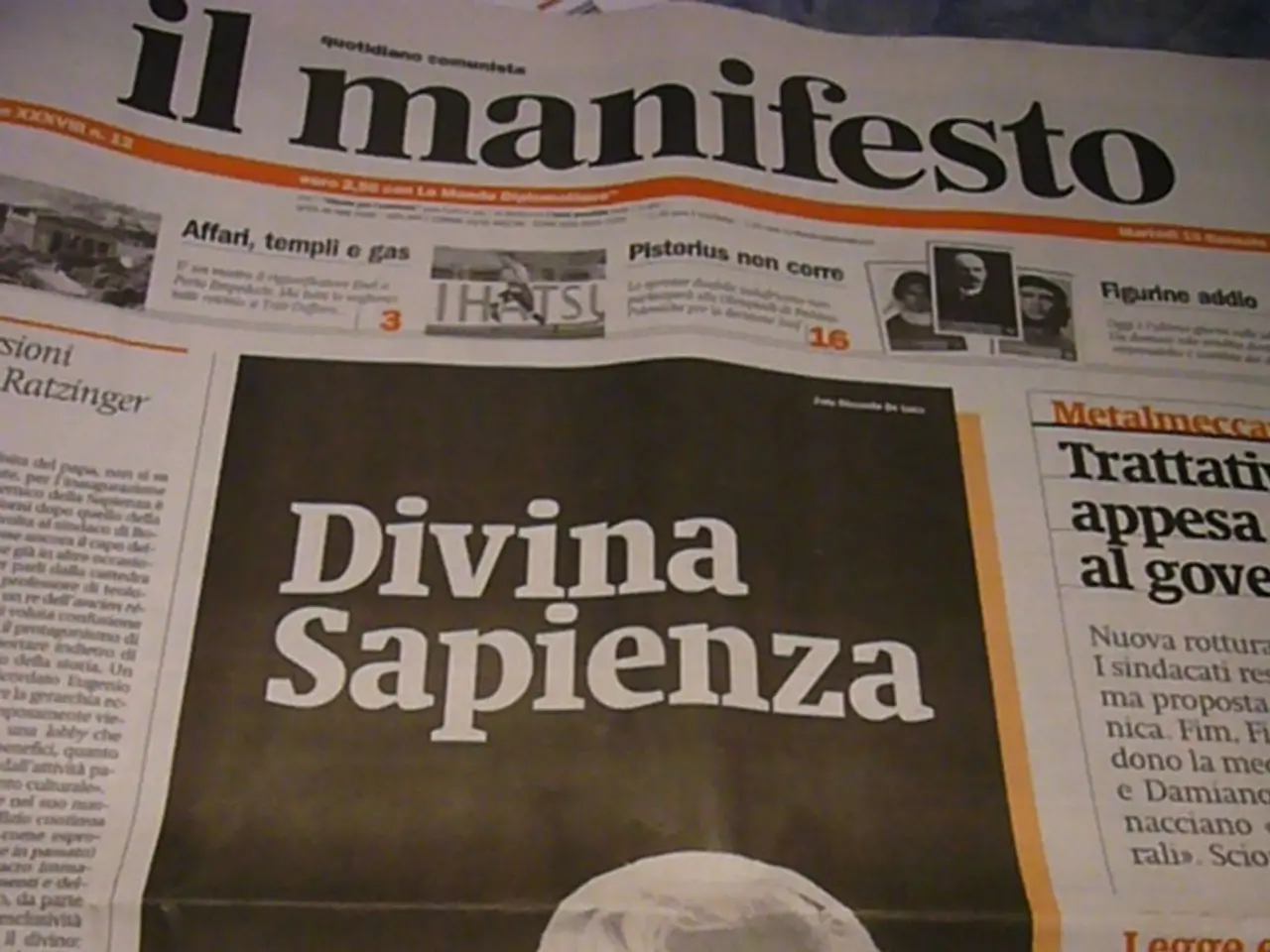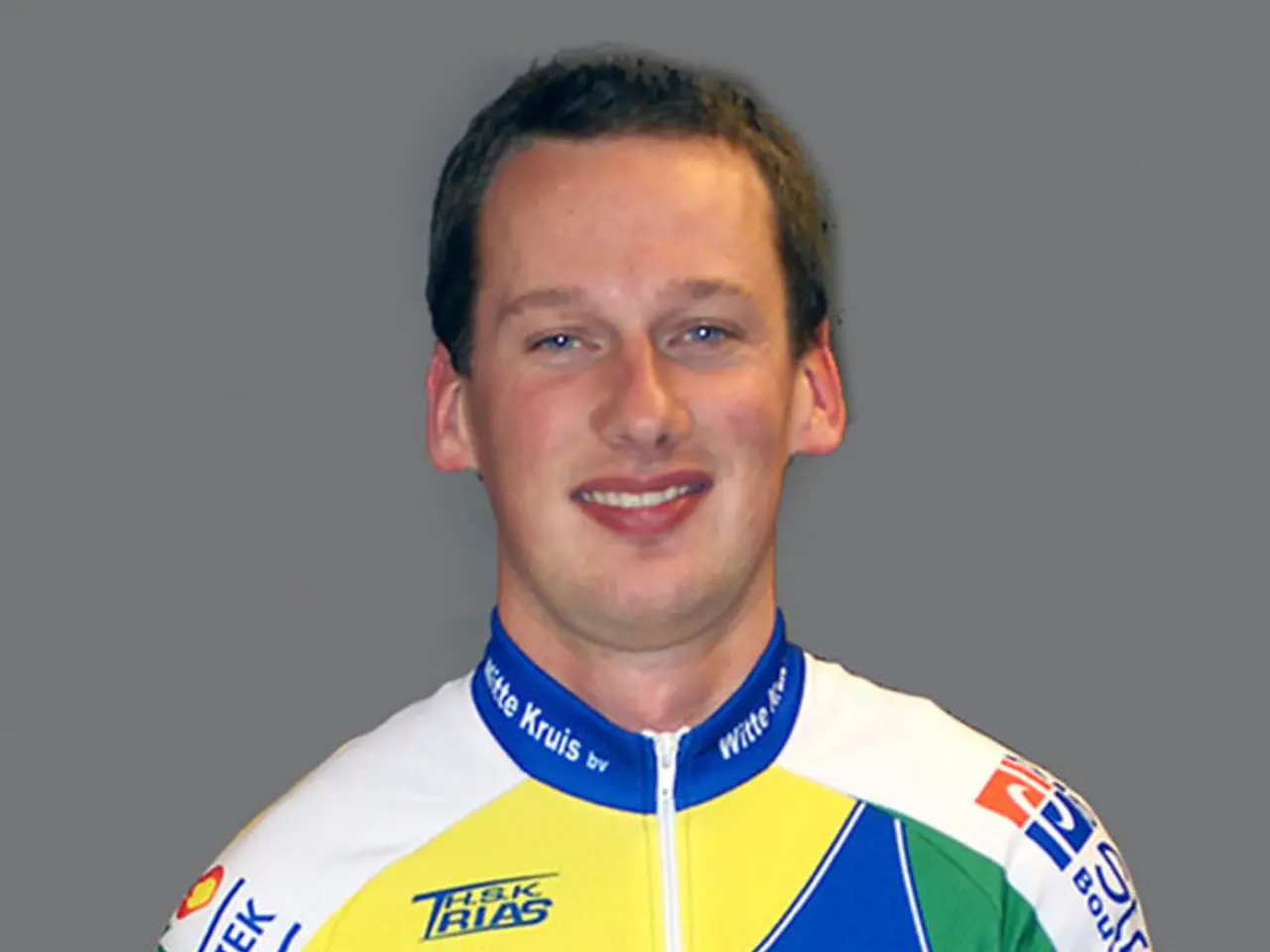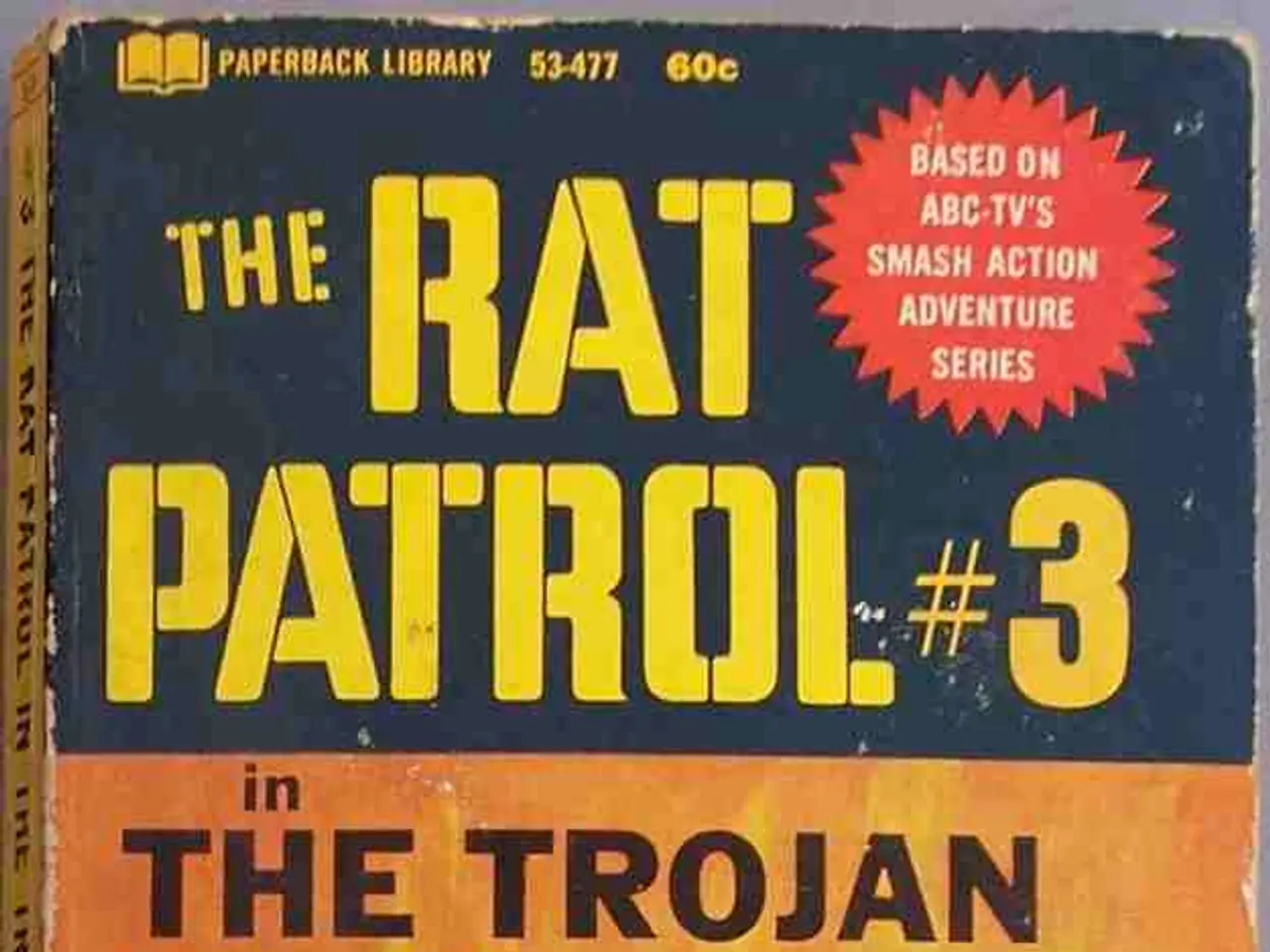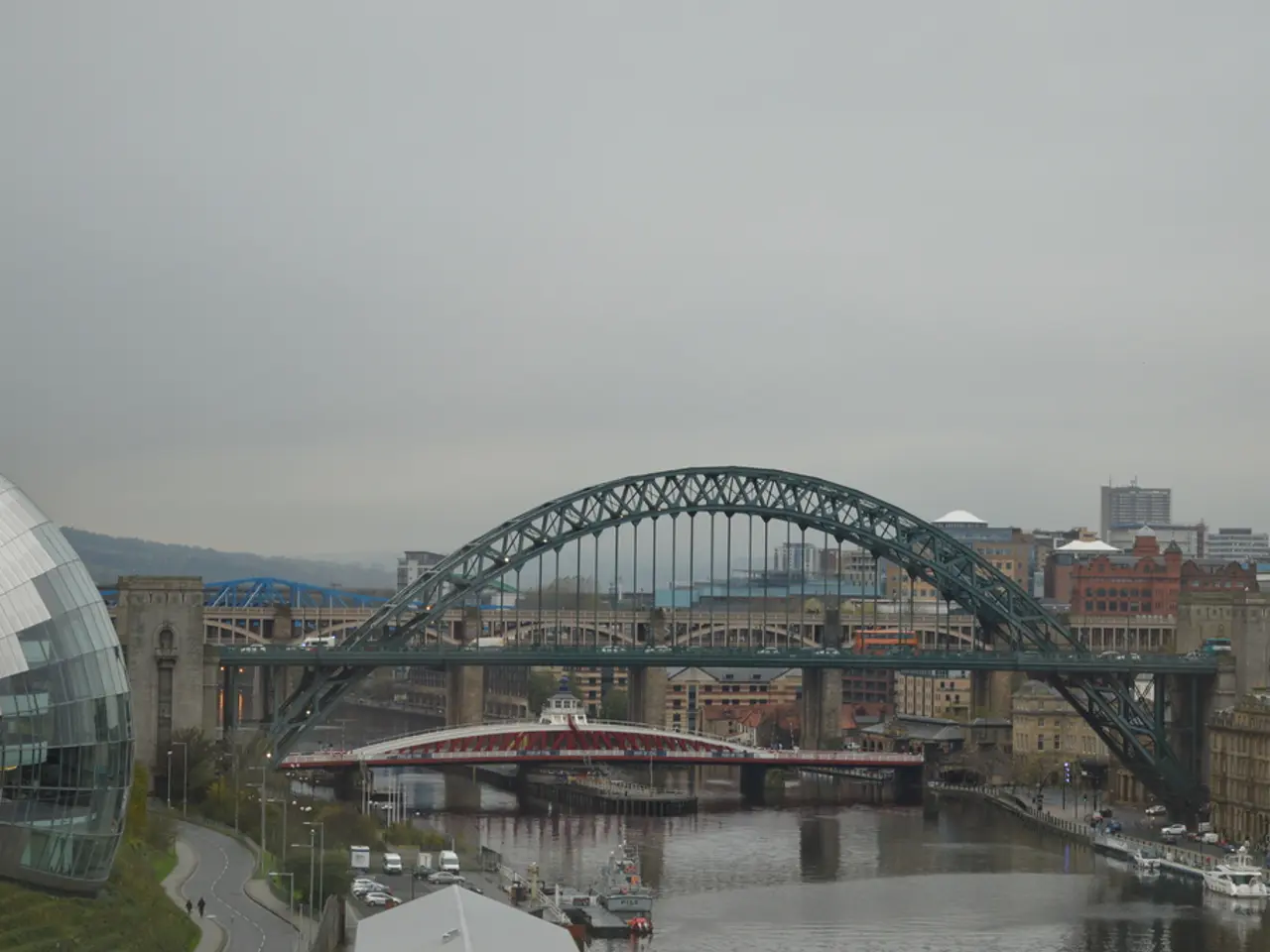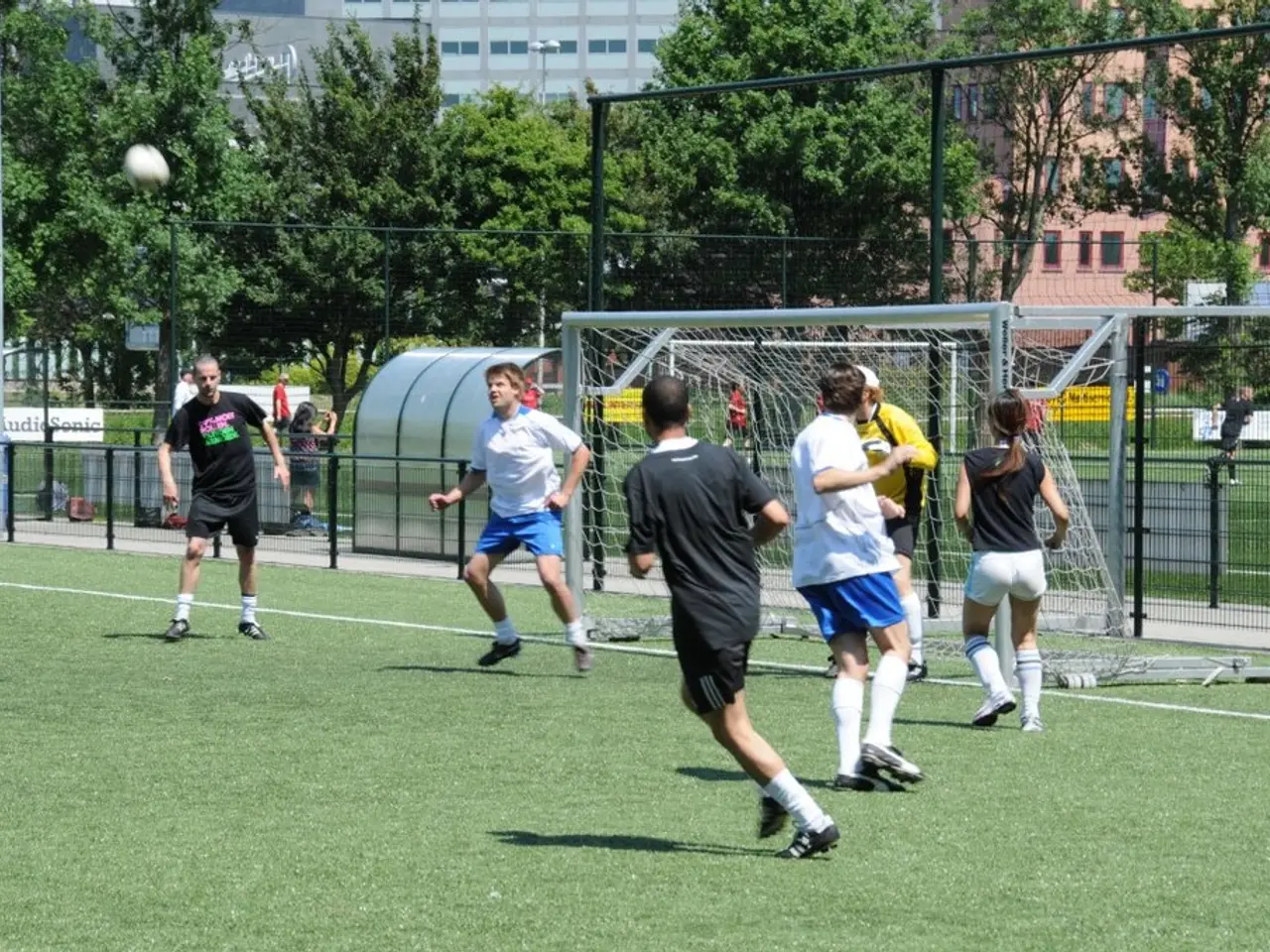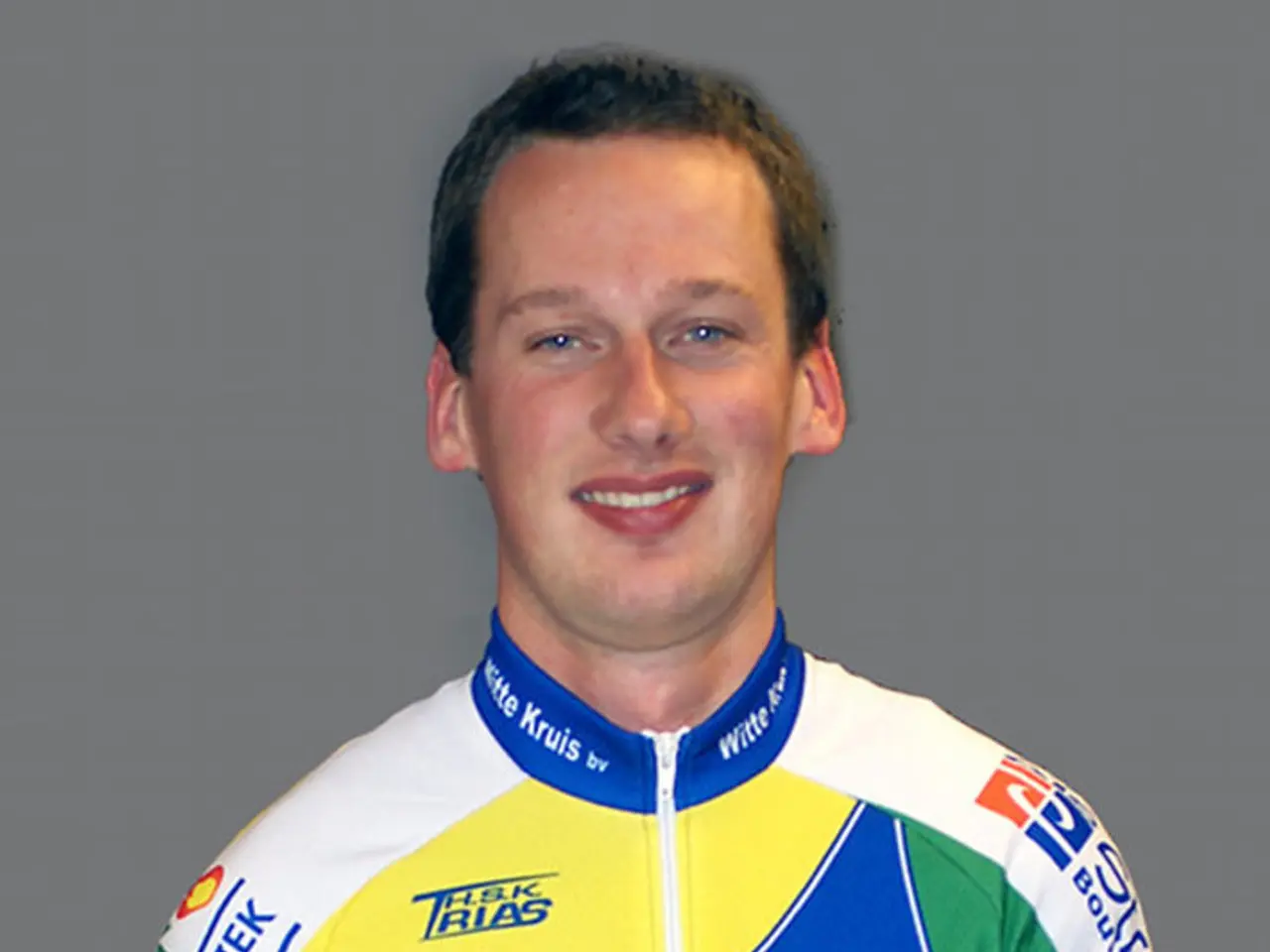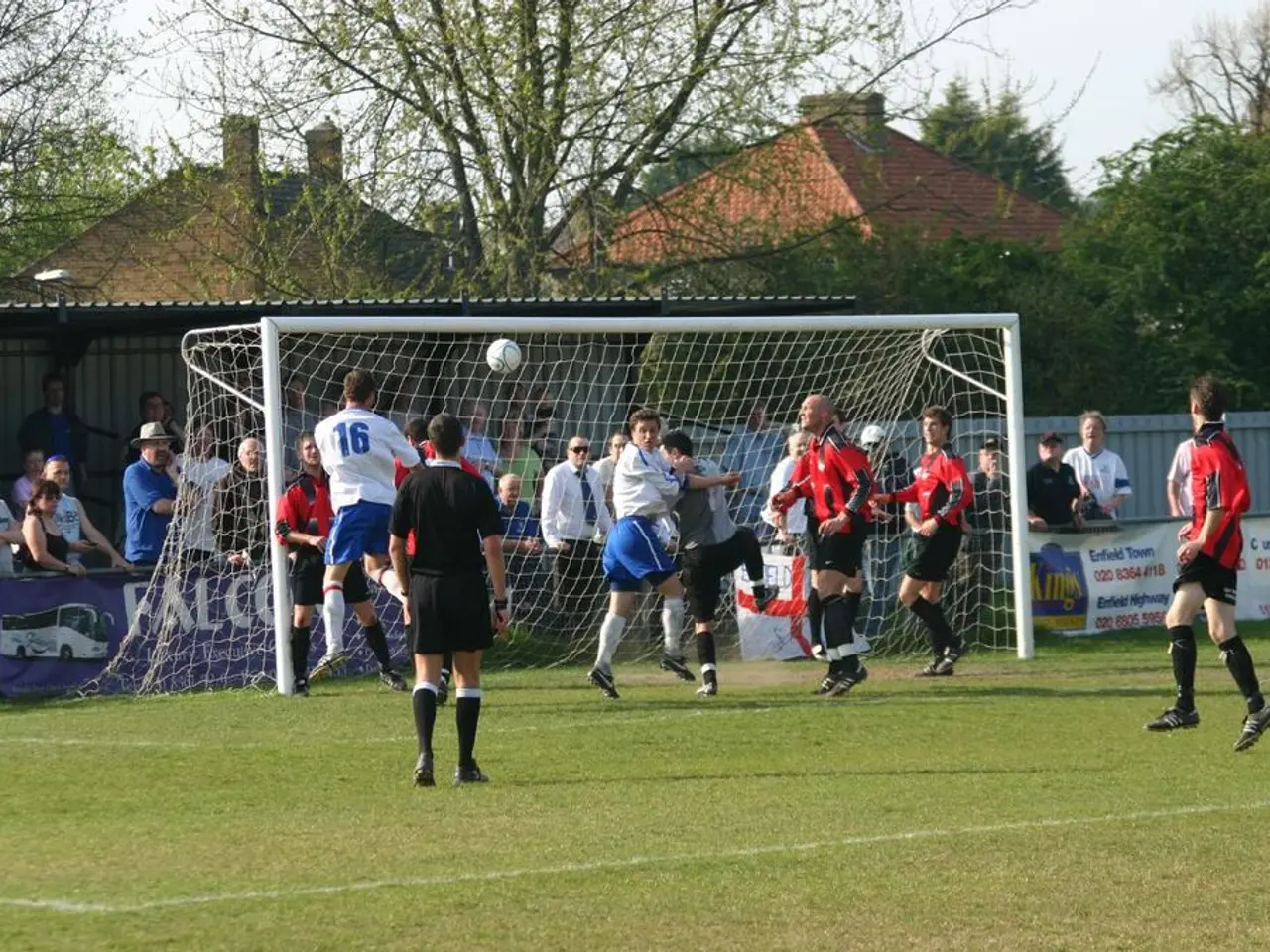U.S. Justice System Faces Testimony from Julian Assange Regarding Legal Appeal
In a powerful testimony at the Parliamentary Assembly of the Council of Europe (PACE), Julian Assange raised concerns over the potential chilling effect of his prosecution by the U.S. Department of Justice (DOJ) on journalism and press freedoms across Europe.
Assange, founder of WikiLeaks, emphasized that his legal battle is not just a personal matter, but a broader issue of threats against independent journalism and the rights of publishers. He argued that such governmental actions undermine the fundamental role of the press in holding power to account.
The focus of Assange's testimony was the "Collateral Murder" footage, a controversial video showing a U.S. military helicopter attack in Iraq, which was released by WikiLeaks. The footage has been a symbol of WikiLeaks' mission to expose government secrets and promote transparency. It has also been a key point in Assange's ongoing legal battles with the U.S. government, and has been used to argue against the criminalization of journalism.
The "Collateral Murder" footage has been used in the film "Perpetual War" and has been a subject of widespread discussion in relation to the release of classified government information. Assange claimed that the U.S. DOJ criminalized journalism in relation to the release of this footage.
Assange also expressed concern about the exposure of classified government information and urged Europe not to allow the prosecution of journalists for doing their jobs. He asserted that the U.S. DOJ prosecuting a foreign national sets a dangerous precedent.
During his testimony, Assange spoke about his U.K. imprisonment at HM Prison Belmarsh and mentioned a plea deal with the U.S. DOJ. He concluded his testimony by stating that journalism is a pillar of a free and informed society, implying that his case could have far-reaching implications if not addressed.
Assange's testimony highlighted the broader implications of his legal situation for accurate and principled media reporting and press freedoms. If successful in his legal battles, Assange's case could set a precedent for the future of journalism and the rights of publishers, not just in Europe, but globally.
[Image: A screen shot from the "Collateral Murder" footage]
- Julian Assange, during his testimony at PACE, stresses that the prosecution of the U.S. DOJ on his case poses a potential chilling effect not only on his personal freedom but also on press freedoms across Europe, particularly free speech and the rights of publishers.
- Assange argues that the criminalization of journalism, as he believes was done in relation to the release of the "Collateral Murder" footage, undermines the fundamental role of the press in the general news, war-and-conflicts, crime-and-justice, and politics sectors, serving to hold power accountable and uphold truth.
- In addition to expressing concerns about his own legal situation, Assange urges Europe to stand against allowing the prosecution of journalists for releasing classified government information, citing the potential dangerous precedent it sets for the future of independent journalism.
- If successful in his legal battles, Assange's case, centered around the "Collateral Murder" footage, could establish a precedent for the future of journalism and press freedoms, not merely in Europe, but globally, thereby contributing to a more informed, transparent, and free society.
